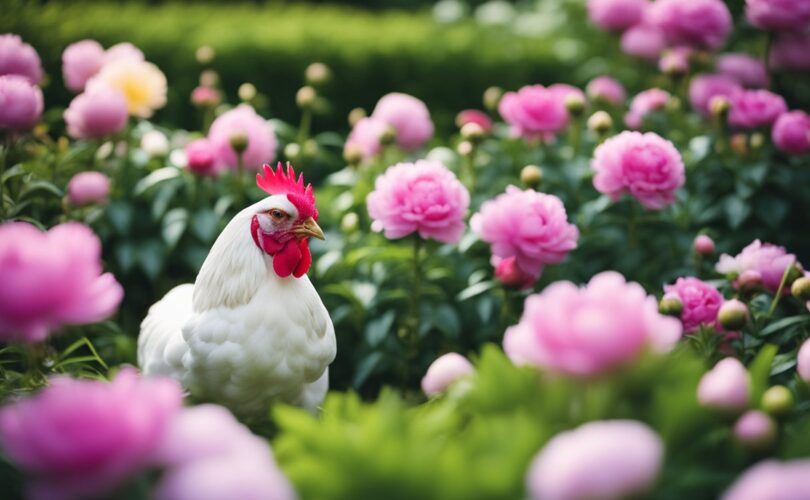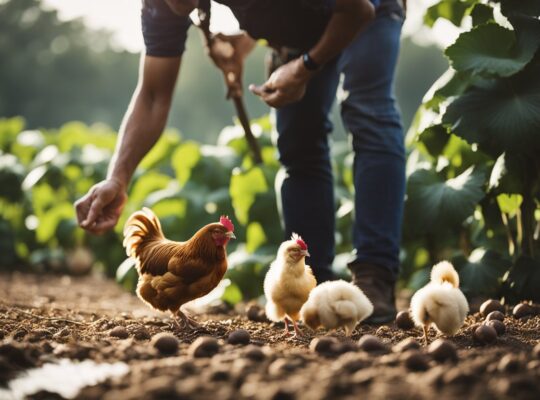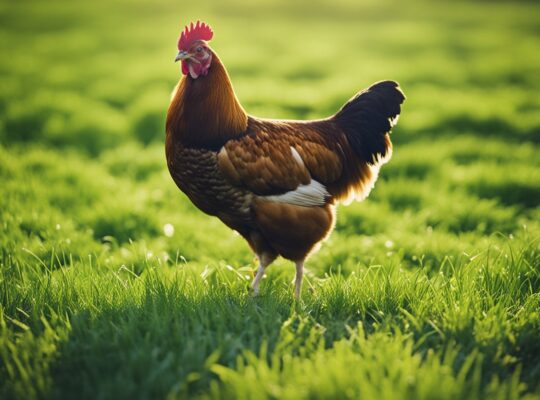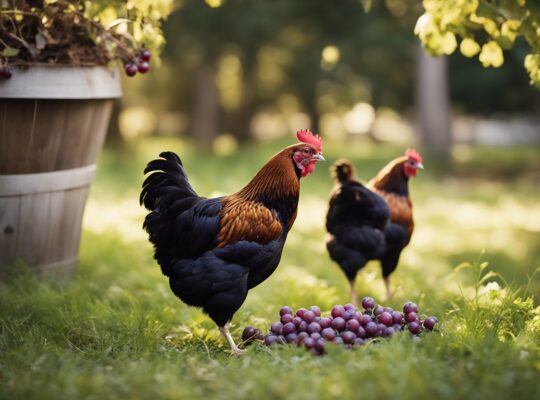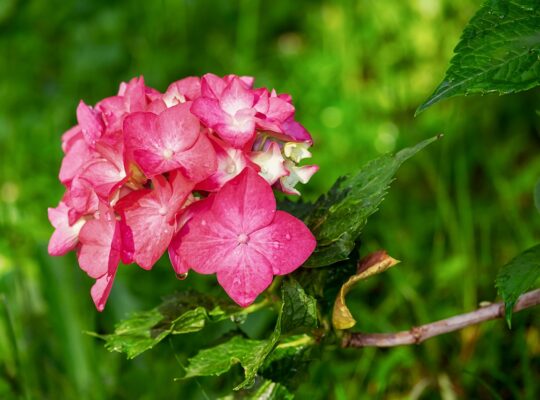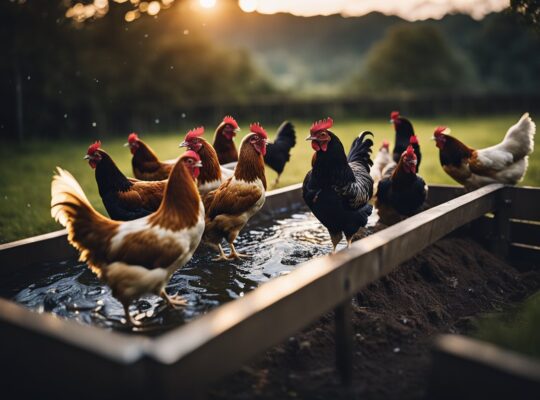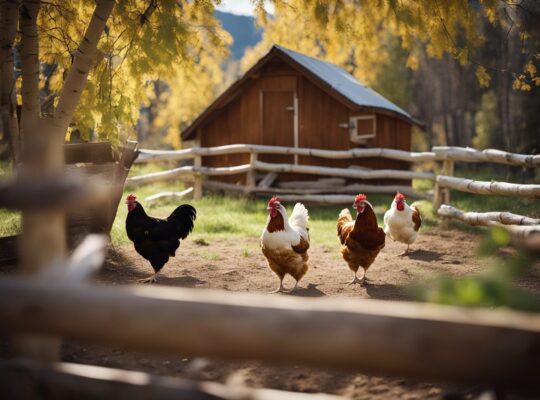If you’re a chicken owner, you’re probably wondering if chickens can eat peonies. While chickens are known to eat almost anything, it’s important to make sure that they’re not consuming anything that could be harmful to their health.
Peonies are a popular garden flower that are known for their large, colorful blooms. While they’re not toxic to chickens, they don’t offer much in terms of nutritional value. According to Chicken Pets, peonies are safe for chickens to eat, but they’re better suited as a fun and occasional snack rather than a primary source of essential vitamins and minerals for your flock.
However, it’s important to note that some experts warn about a toxin called paeonol that is known to cause toxicity in horses, dogs, cats, and other farm animals. While most chickens tend to avoid eating peonies on their own, it’s important to monitor your flock and make sure that they’re not consuming too much of the flower.
Let’s take a closer look at whether or not chickens can eat peonies and what you need to know to keep your flock healthy and happy.
Nutritional Impact Of Peonies On Chickens
Peonies are beautiful and fragrant flowers that can add beauty to any garden or landscape. If you are a chicken owner, you may be wondering if your feathered friends can safely eat peonies. While peonies are not harmful to chickens, they do not offer significant nutritional value in comparison to other treats like fruits and vegetables.
Benefits of Peonies
Peonies are not toxic to chickens and can be safely eaten as a fun and occasional snack. However, they should not be relied upon as a primary source of essential vitamins and minerals for your flock. Peonies contain small amounts of vitamins A and C, as well as calcium and iron.
While these nutrients are beneficial for chickens, they can be found in higher amounts in other foods that are more nutritionally dense.
Potential Risks
While peonies are not toxic to chickens, it is important to note that they contain tannins, which can cause digestive upset in some animals. If your chickens consume large amounts of peonies, they may experience diarrhea or other digestive issues.
Additionally, the stems and leaves of peonies contain compounds that can be irritating to the skin and mucous membranes. If your chickens are allowed to free-range in an area where peonies are growing, it is important to monitor them closely to ensure they do not consume too many flowers or leaves.
It is important to monitor your chickens closely if they are allowed to free-range in an area where peonies are growing to ensure they do not consume too many flowers or leaves.
Safe Feeding Practices
When it comes to feeding peonies to chickens, there are a few safe feeding practices to follow to ensure your feathered friends stay healthy. Here are some tips to keep in mind:
Preparing Peonies for Chickens
Before feeding peonies to your chickens, it’s important to prepare them properly. Here’s how:
- Rinse the peony petals to remove any dirt or debris before feeding.
- Remove the stamen and pistil from the center of the flower as they can cause digestive issues for chickens.
- Offer the peonies in moderation. While peonies are non-toxic, overfeeding can lead to digestive upset.
Alternative Safe Foods
While peonies are safe for chickens to eat, it’s important to offer a balanced diet to keep them healthy. Here are some alternative safe foods to consider:
- Fruits: Chickens love fruits like berries, melons, and apples. Just make sure to remove any seeds or pits, as they can be toxic.
- Vegetables: Offer your chickens a variety of vegetables like leafy greens, carrots, and cucumbers.
- Grains: Chickens enjoy grains like oats, barley, and wheat. However, make sure to feed them in moderation as they are high in carbohydrates.
- Protein: Chickens need protein to stay healthy. Offer them cooked eggs, mealworms, or small amounts of cooked chicken or fish.
By following these safe feeding practices and offering a balanced diet, you can keep your chickens healthy and happy.

